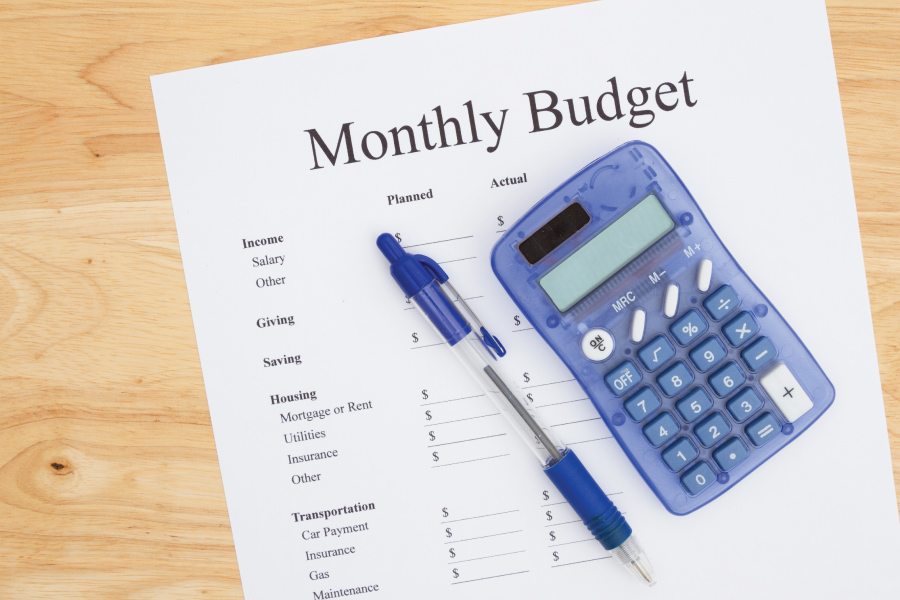
Bring Balance To Your Budget
October 14, 2016
Written by Rebecca Feeley
When my schedule allows, I like to attend the presentations, seminars, and workshops that we feature on our website; all of which are hosted or sponsored by trustworthy professionals who we align ourselves with. These colleagues of ours have a wealth of knowledge in their respective fields and they have the desire to share that knowledge with the public. In cases that I’m able to attend these presentations, I will make a point to share my take-aways so that readers can obtain the same information even if you’re unable to be present at a particular event.
All that said, Jessica Millan, a financial advisor with Edward Jones, recently gave one such presentation. The topic was “Bringing Balance to Your Budget” and it laid the groundwork for financial success with a few basic tips that anyone can put into practice with a little dedication. Here are a few of them:
- Identify your everyday spending categories and amounts. This will include things like groceries, mortgage/rent, utilities, and car payments. Once you’re aware of your total monthly spending, work toward putting 3 to 6 months worth of expenses aside into an Emergency Fund. This Fund should only be tapped into for true emergencies such as an unexpected home repair or a loss of job.
- If you find that you’re chronically late paying bills, consider setting them up on AutoPay. Jessica’s suggestion, though, is that if you decide to AutoPay bills, you should still request to receive paper statements in the mail. This way, you are more likely to glance over the invoice to make sure you weren’t charged more for something than you should have been.
- Credit scores range from 300 to 850. In an ideal world, your credit score would be above 740. Some factors that effect your credit score are: history of on-time payments (pay your bills on time!), credit utilization (use only a small portion of the total credit that you have available to you!), and length of credit history (keep your oldest credit card active!). “Hard” credit inquiries such as those done by a bank for a mortgage application can negatively effect your credit score, so be aware of that. “Soft” inquiries such as checking your score on CreditSesame.com will not hurt your credit score.
- Use the snowball strategy when paying off debt. Determine how much “extra” you can afford to pay toward outstanding debt in a given month and pay that toward the highest interest rate debt. Once you have paid off that balance, use that “extra” money to pay down the next highest interest rate debt. Keep up the process until you are debt-free.
All in all, Jessica has a ton of knowledge to share. Next time she presents, I highly recommend attending.
